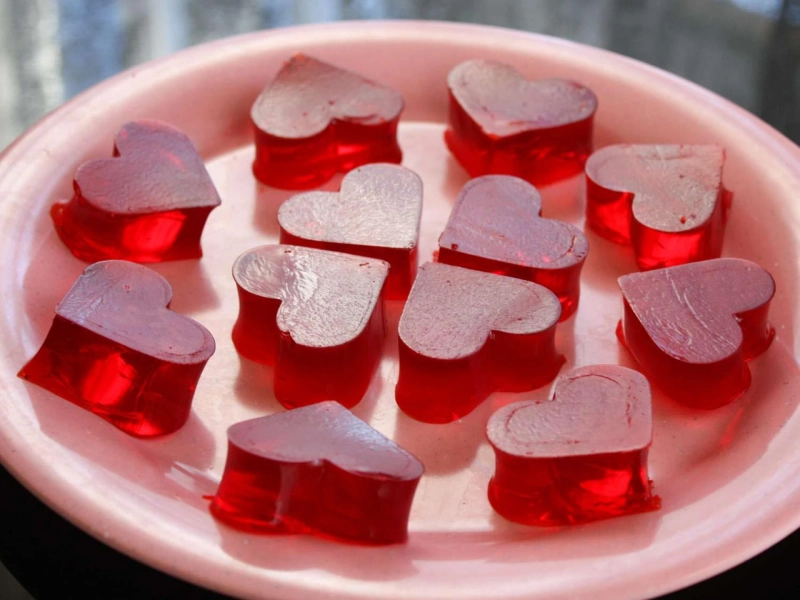Gelatin is a common ingredient in many food products, from gummy bears to marshmallows to yogurt. However, for Muslims, the question of whether gelatin is halal or haram can be a complex one. In this comprehensive guide, we will explore the various factors that determine the halal status of gelatin and provide you with the information you need to make informed decisions about the food you consume.
What is Gelatin?
Gelatin is a protein that is derived from collagen, which is found in animal connective tissue, such as bones, skin, and cartilage. To make gelatin, these tissues are cleaned, treated with acid or alkali, and then boiled to extract the collagen. The resulting liquid is then cooled, forming a gel-like substance.
Why is Gelatin Controversial?
The controversy surrounding gelatin stems from the fact that it is often derived from non-halal sources, such as pigs or other non-slaughtered animals. In addition, the process of making gelatin involves the use of chemicals and other substances that may not be halal. As a result, determining the halal status of gelatin requires careful consideration of the source and production methods used.
Factors that Determine Halal Status
The halal status of gelatin is determined by several factors, including the source of the gelatin, the production process, and the certifying authority. Let's take a closer look at each of these factors.
Source of Gelatin
Halal gelatin must come from a halal source. This means that it must be derived from animals that have been slaughtered according to Islamic law, which involves cutting the jugular vein and carotid artery while invoking the name of Allah. In addition, the animal must be free from disease and should not have been stunned prior to slaughter.
Production Process
The production process also plays a crucial role in determining the halal status of gelatin. The process must not involve any non-halal substances or practices, such as the use of alcohol, enzymes derived from non-halal sources, or any other impurities that may render the gelatin haram. In addition, the production process must be monitored by a certifying authority to ensure that it meets halal standards.
Certifying Authority
The certifying authority is responsible for ensuring that the gelatin meets halal standards. In order to be considered halal, gelatin must be certified by a reputable halal certification agency. These agencies provide a thorough inspection of the production process, from sourcing the raw materials to the final product, to ensure that it meets halal standards.
Conclusion
In conclusion, the halal status of gelatin depends on a variety of factors, including the source of the gelatin, the production process, and the certifying authority. To ensure that the gelatin you consume is halal, it is important to look for products that have been certified by a reputable halal certification agency. By doing so, you can enjoy the benefits of gelatin without compromising your religious beliefs.



